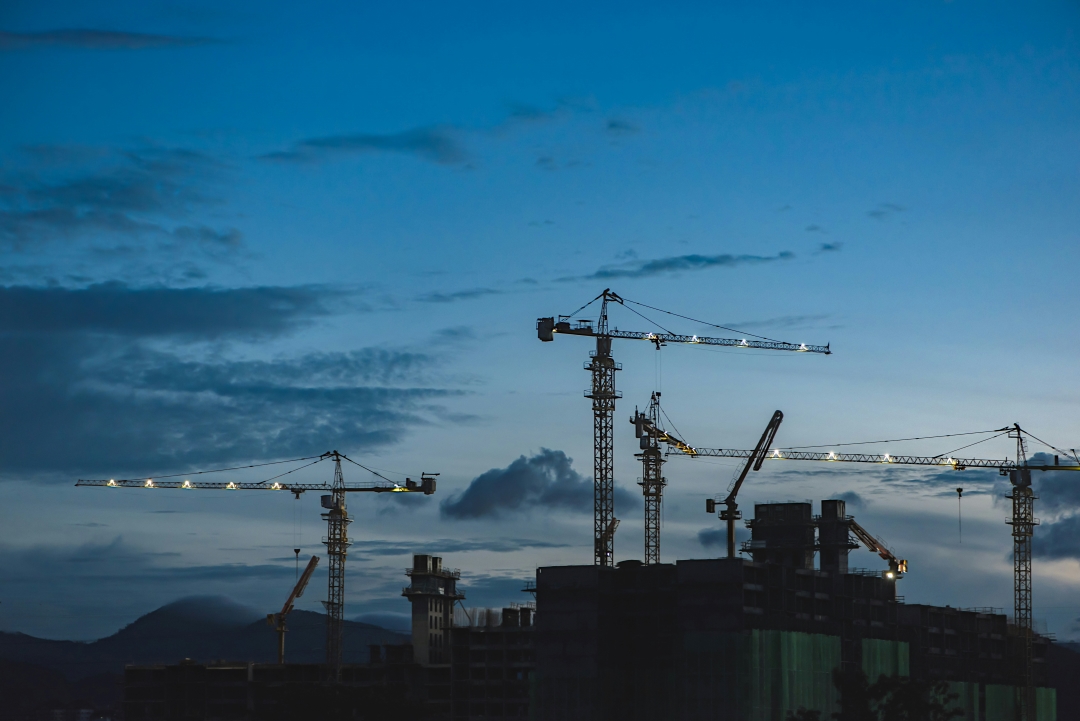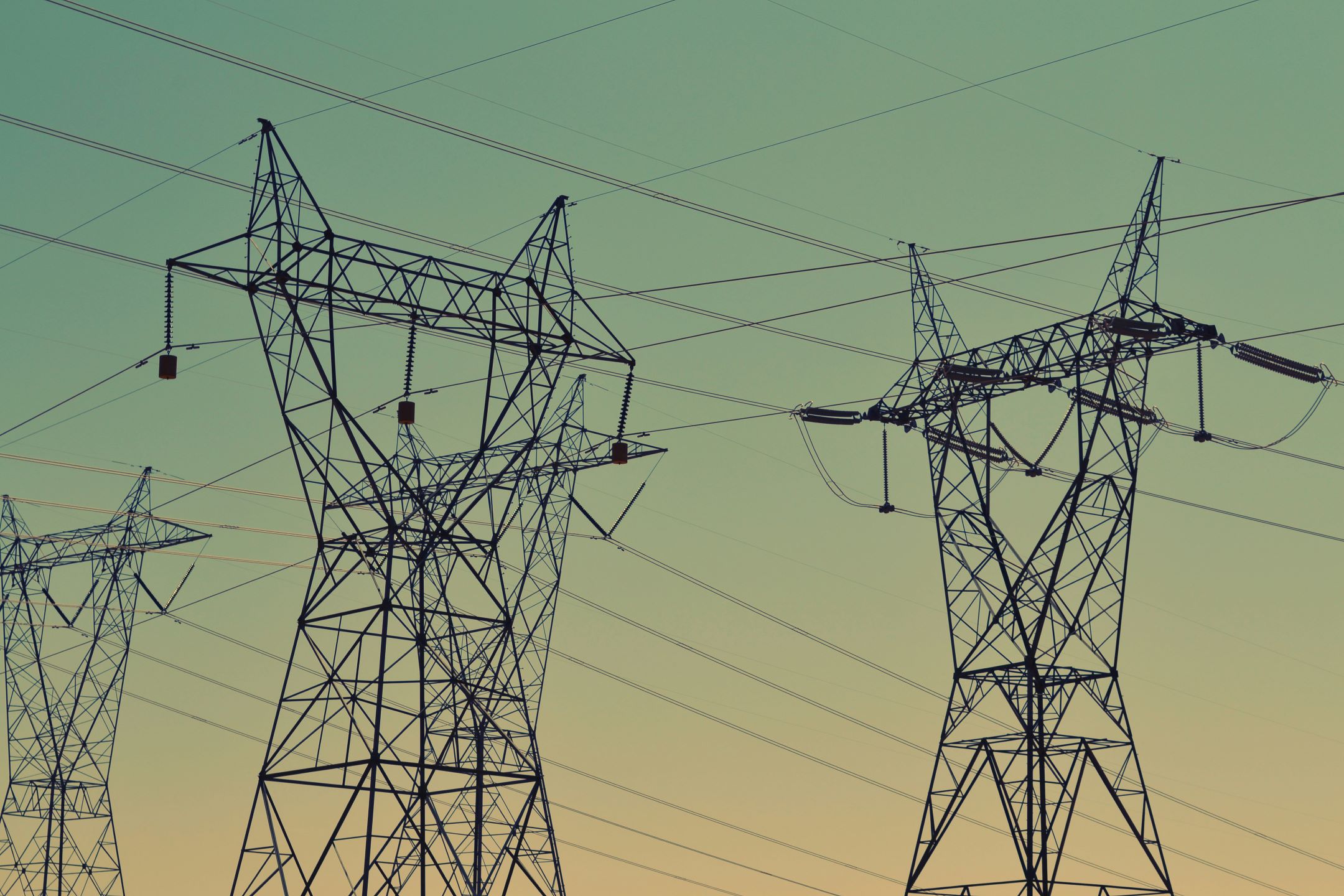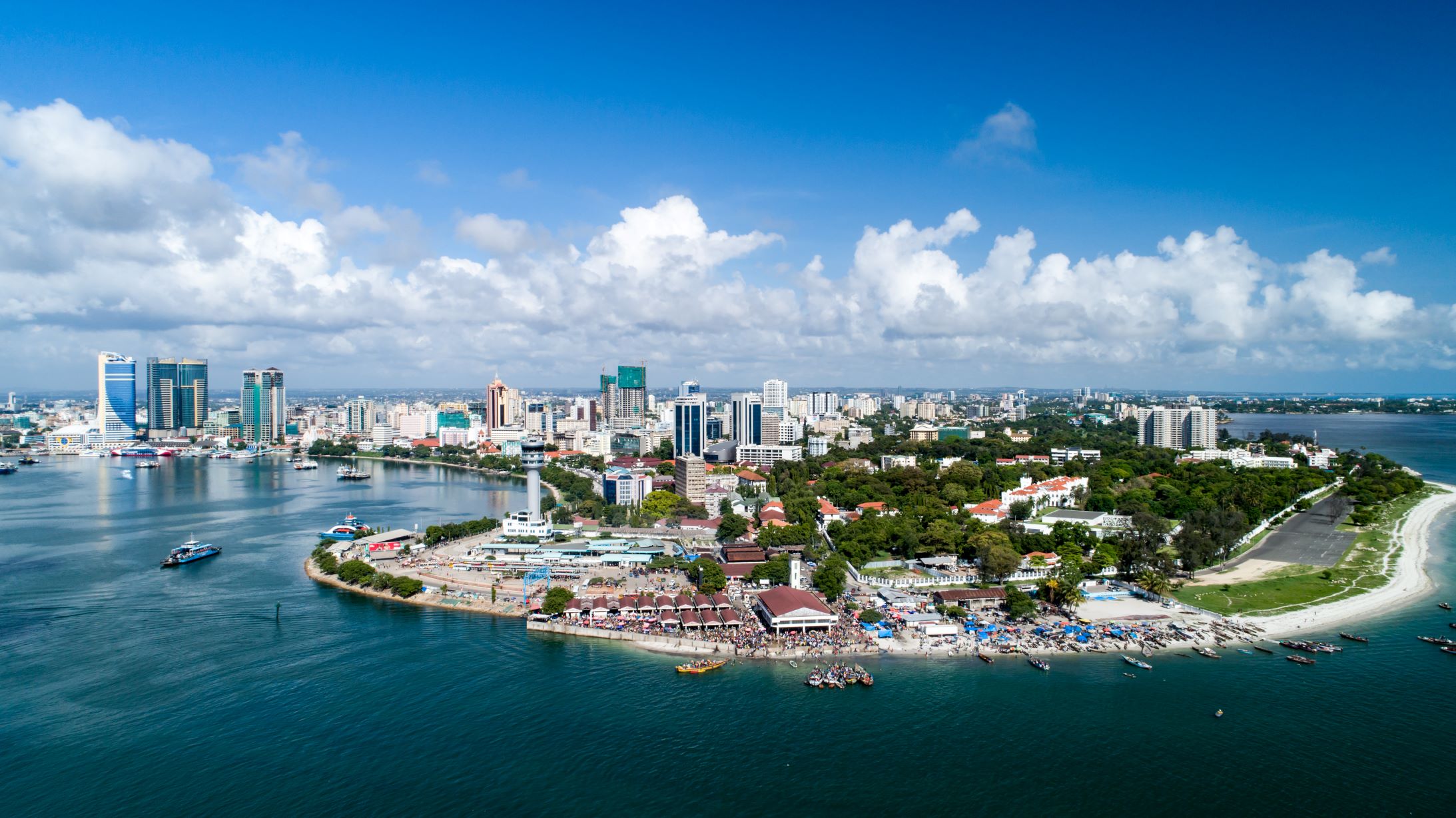Africa’s diverse economies and rapidly growing industries present a dual landscape of opportunities and challenges for project finance. The continent’s economic growth hinges significantly on robust infrastructure, affecting various sectors and reducing the cost of doing business. As Africa expands, the demand for strategic infrastructural projects to foster regional integration and diversify economies intensifies, particularly in energy and infrastructure sectors rich in natural resources.
Africa’s key economic sectors have become more dynamic, presenting many opportunities for investors. Project financing is especially critical as it continues to be one of the key methods for funding major infrastructure and energy projects across the region. – Salimatou Diallo, Managing Partner, ADNA (ALN firm in Algeria, Côte d’Ivoire, Guinea, and Morocco)
According to the Carnegie Endowment for International Peace, Africa has attracted an average of USD 35 billion annually for fossil fuel and clean energy projects over the past decade, addressing the continent’s energy project finance gap. However, 77 percent of this funding was concentrated in only 10 countries from 2012-2021, posing challenges to overall project development. This article explores the outlook for project finance in Africa, highlighting the potential for growth, key sectors of interest, and the challenges that investors and project developers may encounter.
Opportunities in Key Sectors
- Infrastructure Development
One of the primary drivers of project finance in Africa is the need for robust infrastructure. Roads, bridges, ports, and other essential facilities are crucial for economic development and regional integration. Investors can explore Public-Private Partnerships (PPPs) and Build-Operate-Transfer (BOT) models to finance and develop these projects. For example, according to AFSIC, PPPs are the most common way to fund the construction, operation, and maintenance of infrastructure projects in Africa. The advantage of the PPP model is that it allows investors and the government to share the risks and rewards of infrastructure projects. - Renewable Energy
According to the United Nations, Africa requires between USD 35 billion and USD 50 billion in energy finance to reach the United Nations’ seventh Sustainable Development Goal: access to affordable and clean energy for all. To its advantage, Africa has abundant renewable energy resources, including solar, wind, and hydroelectric power. The push for sustainable and clean energy solutions has created a significant opportunity for project finance in the renewable energy sector. Governments across the continent are actively seeking private investments to develop and expand their renewable energy capacities. However, the continent attracts less than 5 percent of global energy investment, prompting most governments to formulate policies that encourage investor confidence.
Access to energy remains a significant impediment to economic development across many African nations. Addressing this challenge necessitates substantial investments in renewable energy, tapping into the continent’s abundant natural resources. Unlocking the potential of these resources is essential for developing critical infrastructure projects. When strategically implemented, project financing will play a pivotal role in providing clean energy necessary for economic growth in the region. – Ian Gaitta, Partner, Anjarwalla & Khanna (ALN firm in Kenya) - Telecommunications and Technology
Projects linked to these sectors are considered critical infrastructure, allowing access to global markets, facilitating global trade and fostering economic cooperation. Telecommunications projects are gaining momentum with the rapid expansion of digital connectivity and the increasing demand for reliable communication infrastructure. The implementation of 5G technology and the growth of mobile services create investment opportunities in this sector.
Government Initiatives and Regulatory Reforms
- Policy Support
African governments are implementing policies to attract foreign investments and promote private participation in key sectors. Clear and supportive regulatory frameworks enhance the attractiveness of project finance in Africa. Besides attracting investors, forward-thinking policies encourage the ease of doing business, allow other investors and oversight authorities to track resources committed to projects through data, and government incentives will contribute to the growth of businesses investing in these projects, allowing them to explore other areas of growth that impact local communities. - Risk Mitigation Measures
Critical infrastructure projects in Africa are exposed to several risks, especially during election cycles. The situation worsens when many countries go through these cycles as it affects shared projects such as railways and roads. As a result, Governments, in collaboration with international financial institutions, are introducing measures to mitigate investment risks. This includes political risk insurance, guarantees, and other financial instruments to reassure investors and lenders.In 2024, several countries are set to have general elections. This will cause much uncertainty for businesses operating in these countries as well as those seeking to invest. Collaborative efforts between governments and International Financial Institutions (IFIs) are crucial to address this. Ensuring robust policy support is imperative to guide stakeholders through project financing and mitigating risks effectively. – Eric Cyaga, Managing Partner, K-Solutions & Partners (ALN firm in Rwanda)
Challenges in Project Finance in Africa
- Political and Regulatory Risks
Political instability and unpredictable regulatory environments can pose significant challenges to African project finance. Political volatility significantly contributes to the unequal distribution of finances as businesses tend to invest in stable economies. For example, in the last decade, Egypt, Mozambique, Nigeria, South Africa, Angola, Morocco, Ghana, Uganda, Kenya, and Ethiopia received USD 267.4 billion of the USD 345.8 billion of project financing disbursed by countries in the G20 and multilateral development banks.
Investors must carefully assess each country’s political landscape and regulatory frameworks before committing to projects. - Infrastructure Gaps
Despite the potential for infrastructure development, Africa still needs more basic infrastructure. Investors may encounter challenges related to inadequate transport networks, unreliable power supply, and other critical deficiencies. This gap tends to turn away businesses and potential investors. These businesses will likely lean towards countries that have established their basic infrastructure. - Currency Volatility
Fluctuations in currency values can impact the financial viability of projects. Managing currency risks through hedging strategies is crucial for project finance success in Africa. Additionally, currency volatility can inflate project costs, causing delays or project stalls and, in worst-case scenarios, complete abandonment. Other issues that arise from currency volatility are challenges in debt servicing, profitability and reduced revenues.
Outlook of Project Finance in Africa
The outlook for project finance in Africa is promising, driven by a need for infrastructure development, renewable energy expansion, and digital connectivity. While opportunities abound, investors must navigate challenges such as political and regulatory risks, infrastructure gaps, and currency volatility. Strategic partnerships, thorough risk assessments, and a nuanced understanding of local dynamics are essential for successful project finance endeavours in the diverse and dynamic African market. As governments continue to prioritise economic development and private sector participation, they should also focus on legislation encouraging investors to fund key projects across the continent.
Sources


